To provide the best experiences, we use technologies like cookies to store and/or access device information. Consenting to these technologies will allow us to process data such as browsing behaviour or unique IDs on this site. Not consenting or withdrawing consent, may adversely affect certain features and functions.
The technical storage or access is strictly necessary for the legitimate purpose of enabling the use of a specific service explicitly requested by the subscriber or user, or for the sole purpose of carrying out the transmission of a communication over an electronic communications network.
The technical storage or access is necessary for the legitimate purpose of storing preferences that are not requested by the subscriber or user.
The technical storage or access that is used exclusively for statistical purposes.
The technical storage or access that is used exclusively for anonymous statistical purposes. Without a subpoena, voluntary compliance on the part of your Internet Service Provider, or additional records from a third party, information stored or retrieved for this purpose alone cannot usually be used to identify you.
The technical storage or access is required to create user profiles to send advertising, or to track the user on a website or across several websites for similar marketing purposes.
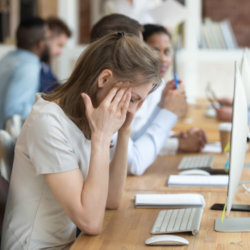 A new survey conducted by Just Eat for Business, asked workers about their workplace behaviour, stress levels, mental health and job satisfaction, to get an idea of what Brits’ working lives look like and how they can be improved through a focus on employee wellbeing. The survey claims almost one in ten (8.2 percent) UK employees admit to experiencing quite or very low levels of happiness while at work. More →
A new survey conducted by Just Eat for Business, asked workers about their workplace behaviour, stress levels, mental health and job satisfaction, to get an idea of what Brits’ working lives look like and how they can be improved through a focus on employee wellbeing. The survey claims almost one in ten (8.2 percent) UK employees admit to experiencing quite or very low levels of happiness while at work. More →





 According to new data from people success platform
According to new data from people success platform 
 A new study by skincare brand
A new study by skincare brand 


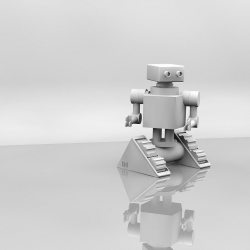
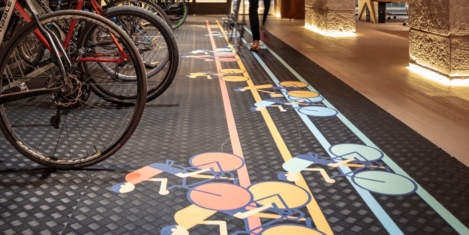
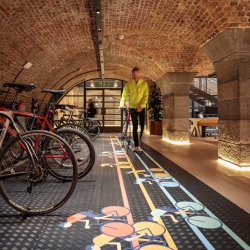



 Environmental and sustainability professional,
Environmental and sustainability professional, 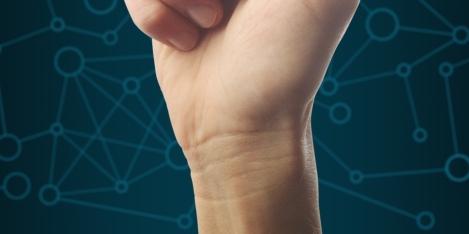
 At a time when working from home looks set to continue for many in both the short and long term, ‘hidden fractures’ are forming in the workforce which risk causing irreparable damage to cultures and productivity. That’s according to new research from
At a time when working from home looks set to continue for many in both the short and long term, ‘hidden fractures’ are forming in the workforce which risk causing irreparable damage to cultures and productivity. That’s according to new research from 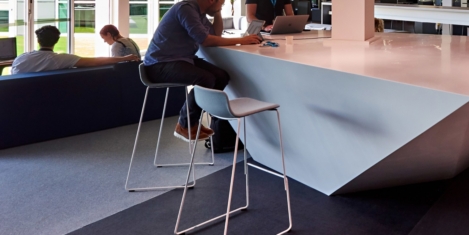
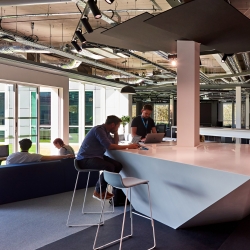












October 28, 2020
It`s not just businesses that need to wake up to changes in the way we work. Governments do too
by Jeremy Stein • Comment, Workplace design